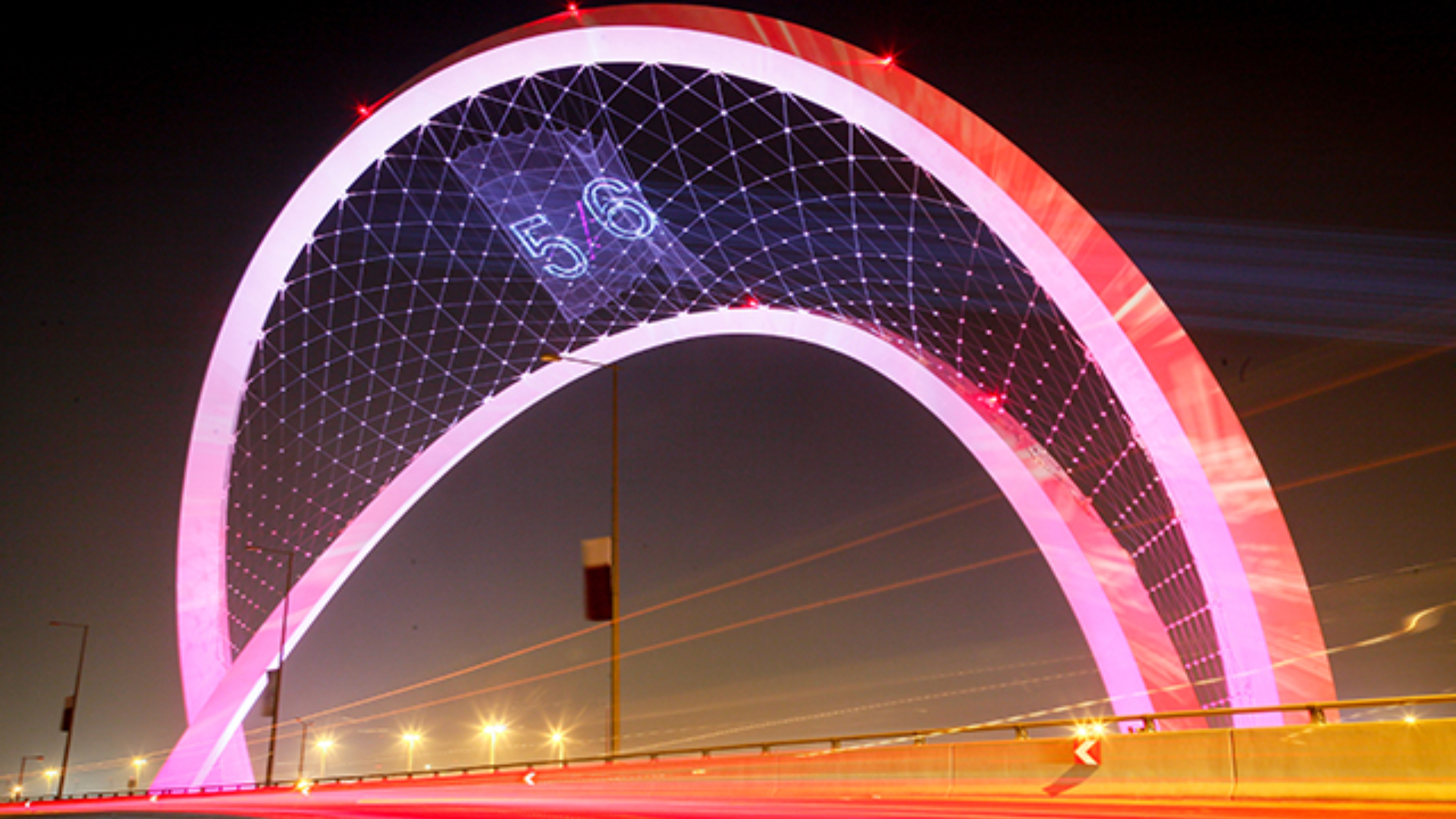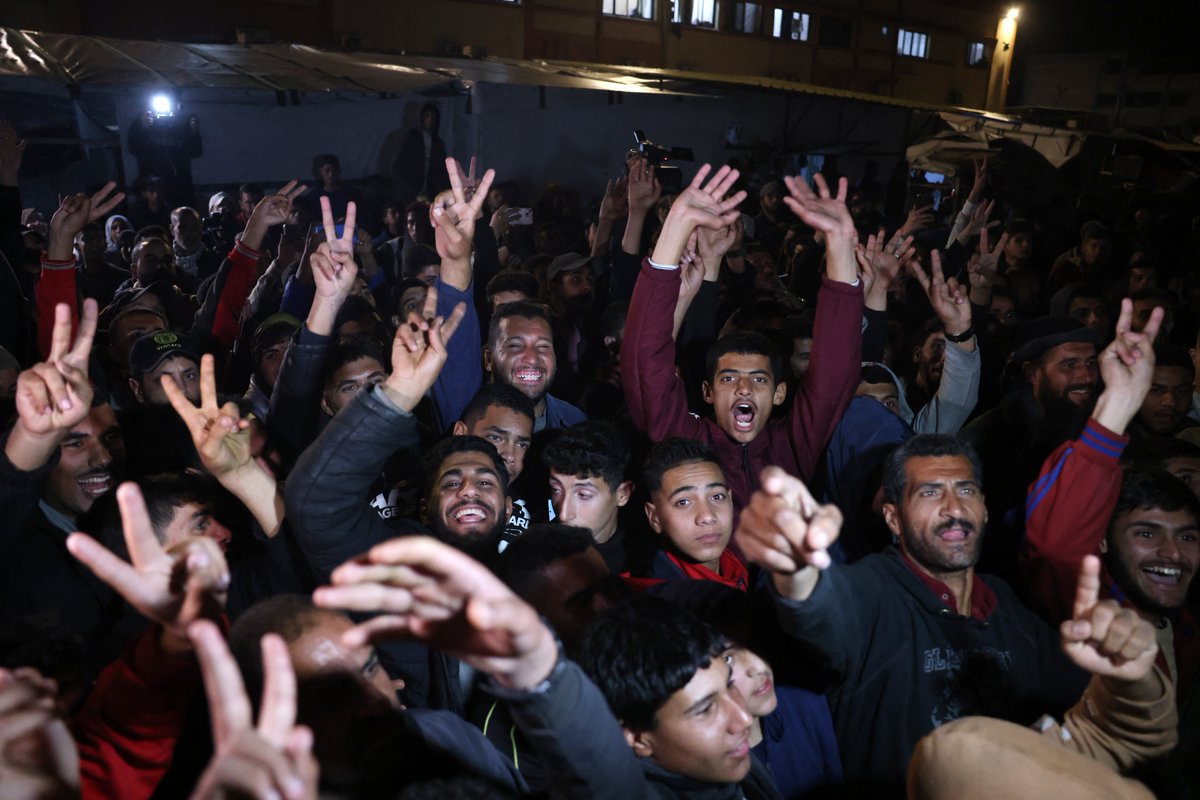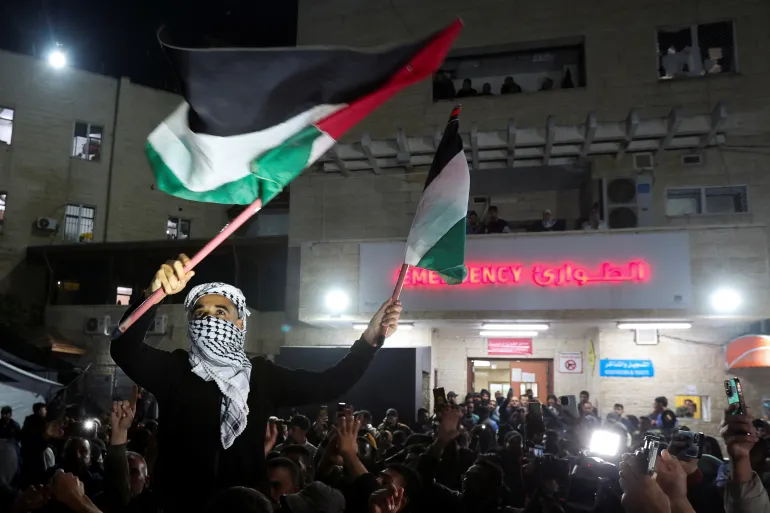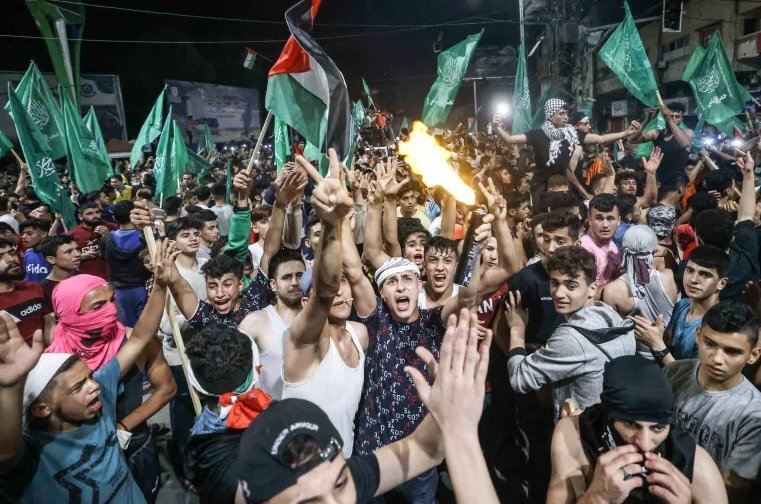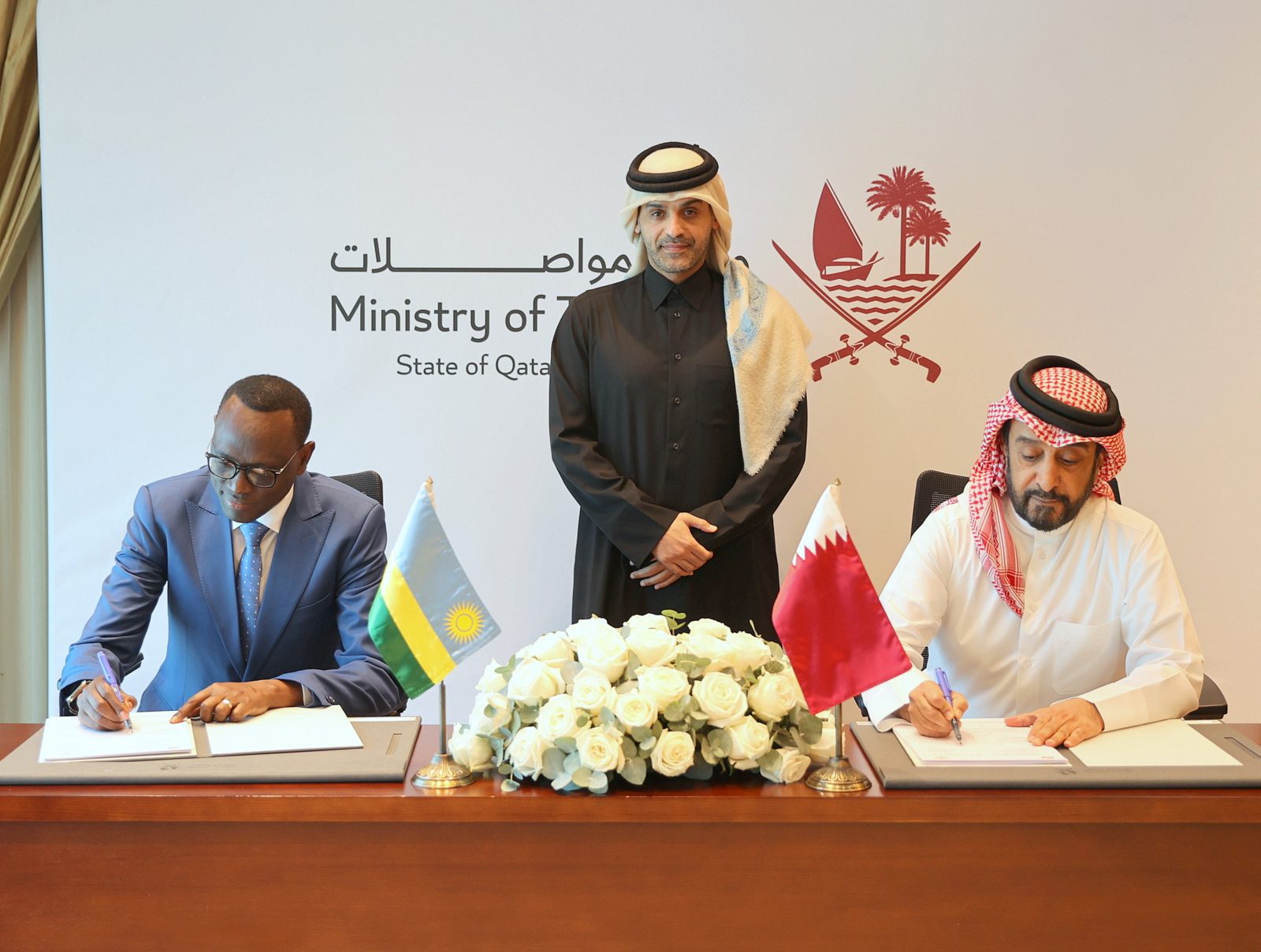On 5 June, the Ministry of Foreign Affairs in Saudi Arabia, the UAE, Bahrain and Egypt issued statements announcing the severance of diplomatic ties with Qatar.
Social media users across Qatar have commemorated the anniversary of the 2017 blockade on Twitter, six years after the crisis first erupted.
Six years ago, an illegal air, land and sea blockade was imposed on Qatar by four Arab countries – Saudi Arabia, the United Arab Emirates, Bahrain, and Egypt – over accusations that Doha supported ‘terrorism’. The allegations were refuted by Qatar, which also asserted that there was “no legitimate justification” for the breakup of relations.
On 5 June 2017, the foreign ministries in Saudi Arabia, the UAE, Bahrain and Egypt issued statements announcing the severance of diplomatic ties with Qatar, sending shockwaves across the world.
While the region’s worst political crisis in decades came to halt in January 2021 with the signing of the Al Ula Accords, Qataris online have taken the opportunity to look back on the incident under the Arabic hashtag ‘#ذكري_حصار_قطر’ or ‘anniversary of the blockade of Qatar’.
Politics mend, people remember
Described as a “painful” memory, social media users vowed to “never forget”.
“This history is unforgettable, and it always reminds us of a brutal position the Arab Gulf took,” one person wrote.
Many also shared clips of the Amir Sheikh Tamim bin Hamad Al Thani, praising his resilience and diplomacy in peak political crisis that was thrusted upon his country.
An Egyptian resident in Qatar marked the anniversary of the blockade, saying: “Today, the crisis of the blockade has ended, and everyone has returned to dialogue and understanding, and this is something we are happy about, because the ‘Kaaba of the oppressed’ lives within us as human beings as much as we lived in it as residents, no matter how far apart we are.”
It was “a Ramadan day no different from the rest of God’s days, but after that it became a day that cannot be forgotten for those who lived it and were burned by the fires of its memories and pain,” he added.
Others shared clips from Al Jazeera, saying: “Just as a reminder”, in an apparent reference to Qatar’s refusal to succumb to ultimatums laid out by the blockading countries.
In 2017, Al Jazeera became a key element in the major political crisis. Following an exchange of statements from diplomats in Gulf countries and beyond, the blockading quartet issued a list of 13 demands for Qatar, one of which included shutting down state-owned media network Al Jazeera.
Al Jazeera played a prominent role in its coverage of the 2011 Arab Spring protests that rocked the region. The channel cheered on the 2011 Arab Spring revolts, particularly in Egypt, a former blockading country.
Gulf nations and Egypt have long accused the station of supporting dissent and giving Islamist movements a platform—charges the network has refuted.
Six years on, the network is now up and running across the region, flights between Qatar and the former blockading quartet have resumed, and some countries have even exchanged envoys.
Online, some users used satire to highlight the ever-shifting tide of politics.
“Experience has taught us that politics has a thousand faces, and every day has a position different from the previous one based on interests. Today’s enemy was yesterday’s friend and today’s friend may be tomorrow’s enemy. Governments are changing and generations are growing. Congratulations to the opening of the Iranian embassy in Riyadh, coinciding with the anniversary of the siege on Qatar that was accused of having relations with Iran [during the 2017 GCC crisis].”
Coinciding with the anniversary of the blockade, in which the quartet accused Qatar of being too close to Iran, local Saudi Gazette on Monday reported the reopening of the Islamic Republic’s embassy in Saudi Arabia over “the next two days”.
“On 5 June, 2017, Qatar was subjected to an unjust blockade from neighbouring Gulf countries, and Qatari diplomacy succeeded in overthrowing this conspiracy against its sovereignty and security and emerged stronger politically, economically, socially, militarily, etc,” a Twitter user wrote.
“And the slogan ‘Made in Qatar’ became the emblem of the state, praise be to God Almighty.”

